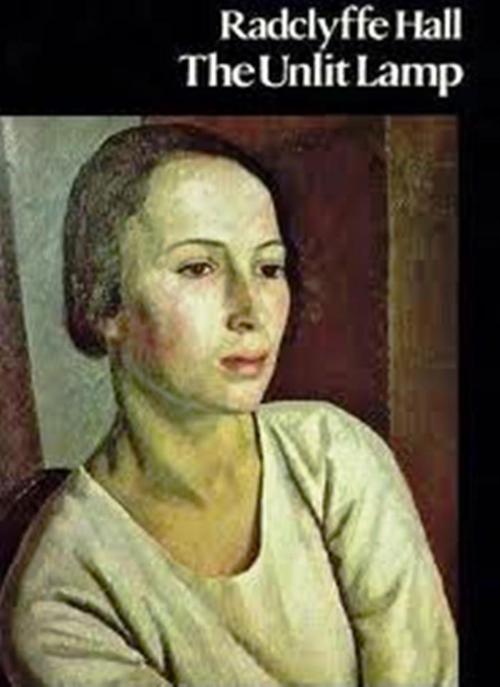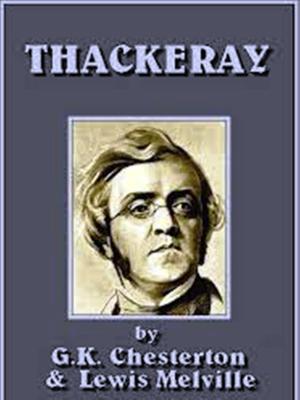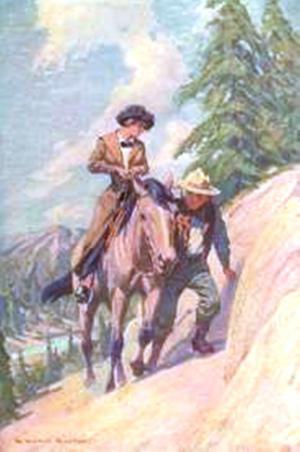| Author: | Radclyffe Hall | ISBN: | 1230000197926 |
| Publisher: | WDS Publishing | Publication: | November 19, 2013 |
| Imprint: | Language: | English |
| Author: | Radclyffe Hall |
| ISBN: | 1230000197926 |
| Publisher: | WDS Publishing |
| Publication: | November 19, 2013 |
| Imprint: | |
| Language: | English |
The dining-room at Leaside was also Colonel Ogden's study. It contained, in addition to the mahogany sideboard with ornamental brackets at the back, the three-tier dumb waiter and the dining-table with chairs en suite, a large roll-top desk much battered and ink-stained, and bleached by the suns of many Indian summers. There was also a leather arm-chair with a depression in the seat, a pipe-rack and some tins of tobacco. All of which gave one to understand that the presence of the master of the house brooded continually over the family meals and over the room itself in the intervals between. And lest this should be doubted, there was Colonel Ogden's photograph in uniform that hung over the fireplace; an enlargement showing the colonel seated in a tent at his writing-table, his native servant at his elbow. The colonel's face looked sternly into the camera, his pen was poised for the final word, authority personified. The smell of the colonel's pipes, past and present, hung in the air, and together with the general suggestion of food and newspapers, produced an odour that became the very spirit of the room. In after years the children had only to dose their eyes and think of their father to recapture the smell of the dining-room at Leaside.
Colonel Ogden looked at his watch; it was nine o'clock, He pushed back his chair from the breakfast table, a signal for the family to have done with eating.
He sank into his arm-chair with a sigh; he was fifty-five and somewhat stout. His small, twinkling eyes scanned the columns of The Times as if in search of something to pounce on. Presently he had it.
'Mary.'
'Yes, dear.'
'Have you seen this advertisement of the Army and Navy?'
The dining-room at Leaside was also Colonel Ogden's study. It contained, in addition to the mahogany sideboard with ornamental brackets at the back, the three-tier dumb waiter and the dining-table with chairs en suite, a large roll-top desk much battered and ink-stained, and bleached by the suns of many Indian summers. There was also a leather arm-chair with a depression in the seat, a pipe-rack and some tins of tobacco. All of which gave one to understand that the presence of the master of the house brooded continually over the family meals and over the room itself in the intervals between. And lest this should be doubted, there was Colonel Ogden's photograph in uniform that hung over the fireplace; an enlargement showing the colonel seated in a tent at his writing-table, his native servant at his elbow. The colonel's face looked sternly into the camera, his pen was poised for the final word, authority personified. The smell of the colonel's pipes, past and present, hung in the air, and together with the general suggestion of food and newspapers, produced an odour that became the very spirit of the room. In after years the children had only to dose their eyes and think of their father to recapture the smell of the dining-room at Leaside.
Colonel Ogden looked at his watch; it was nine o'clock, He pushed back his chair from the breakfast table, a signal for the family to have done with eating.
He sank into his arm-chair with a sigh; he was fifty-five and somewhat stout. His small, twinkling eyes scanned the columns of The Times as if in search of something to pounce on. Presently he had it.
'Mary.'
'Yes, dear.'
'Have you seen this advertisement of the Army and Navy?'















